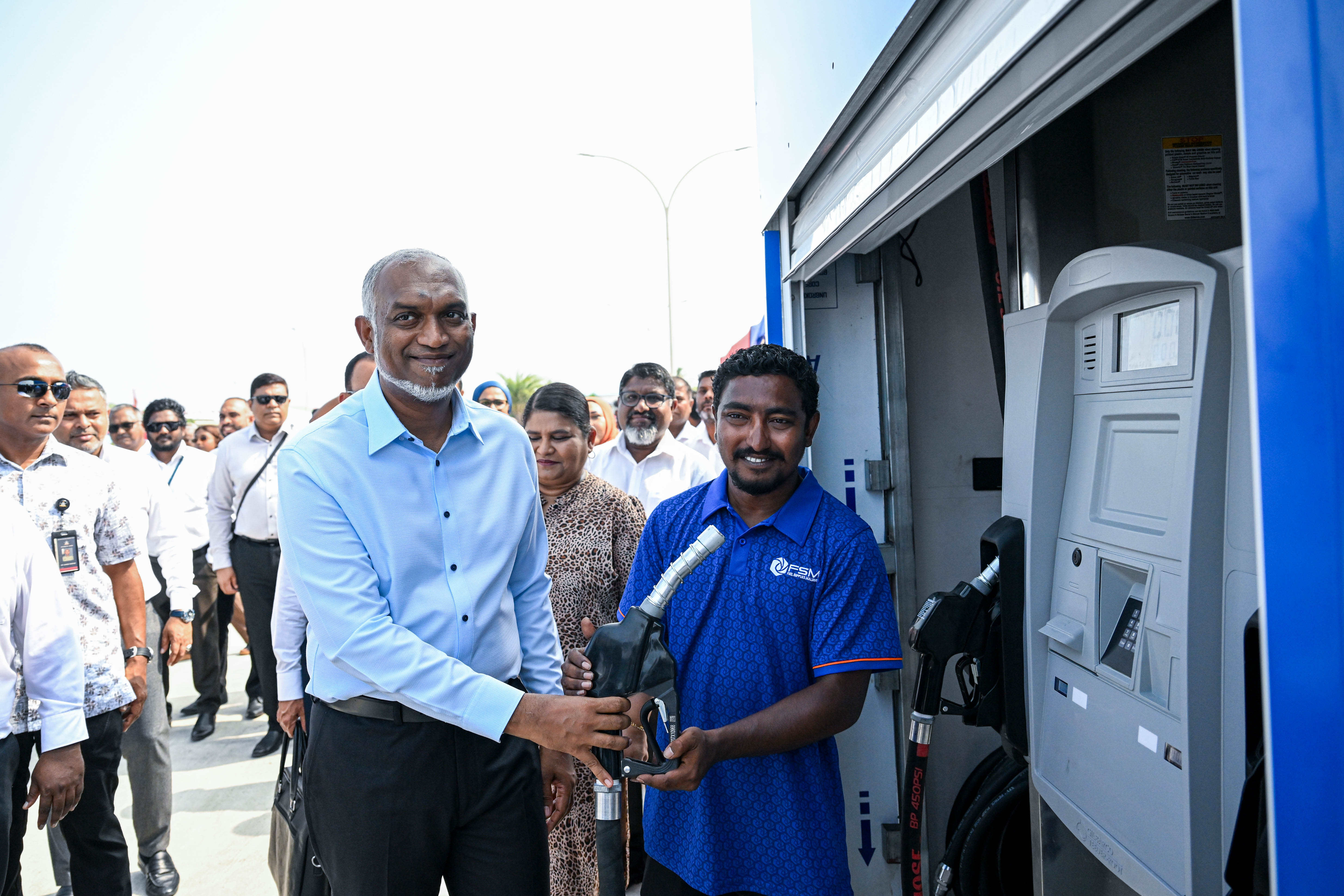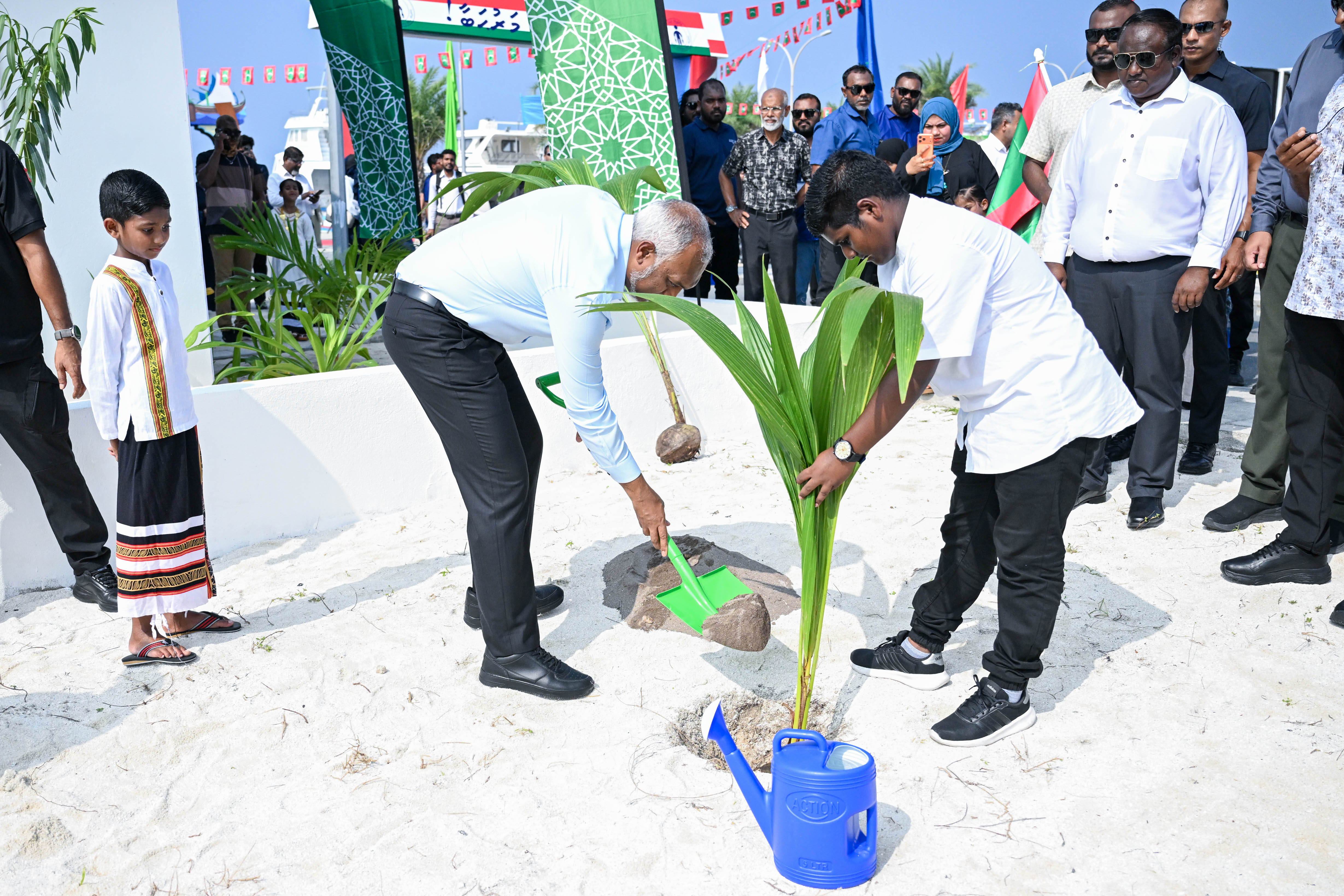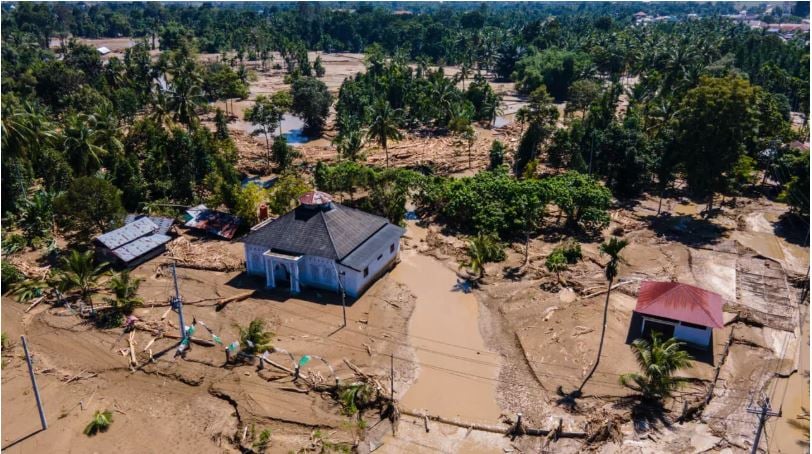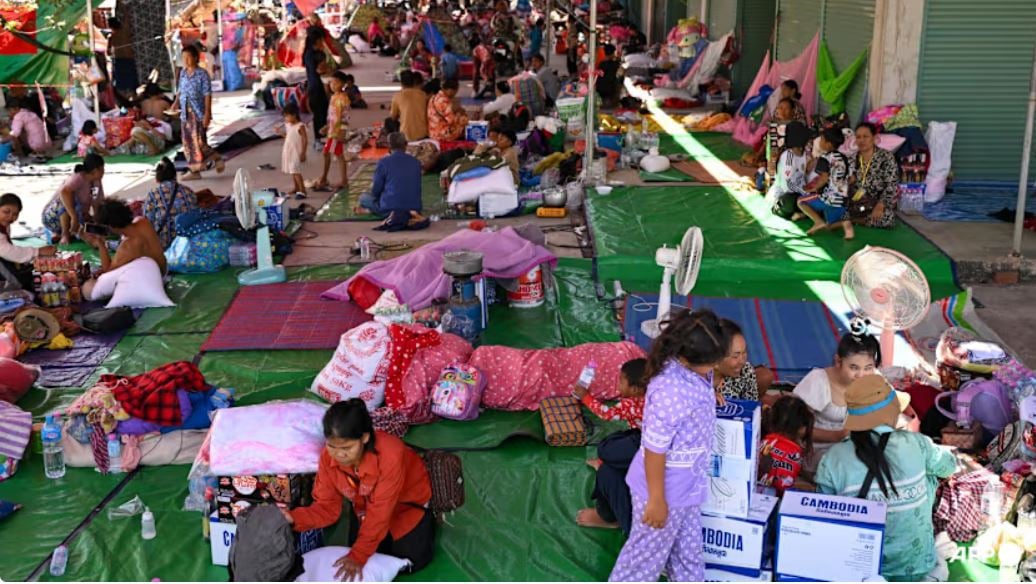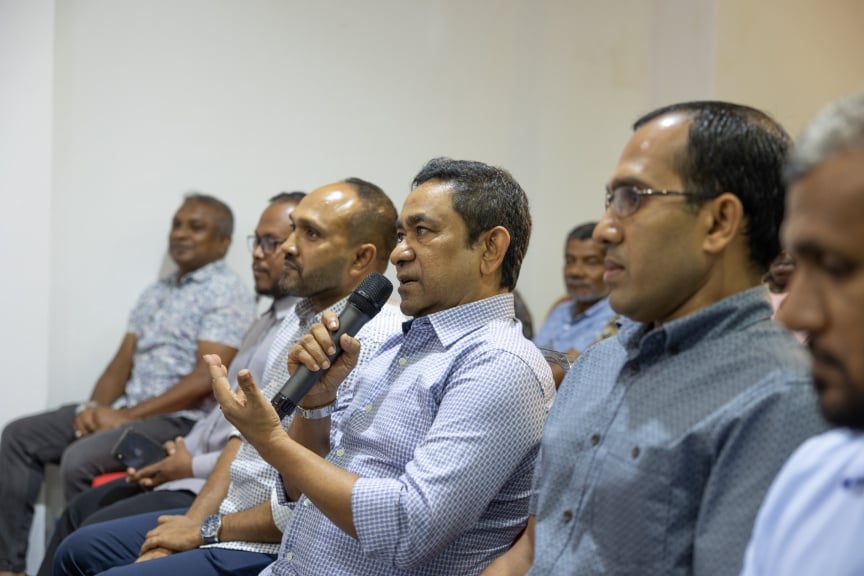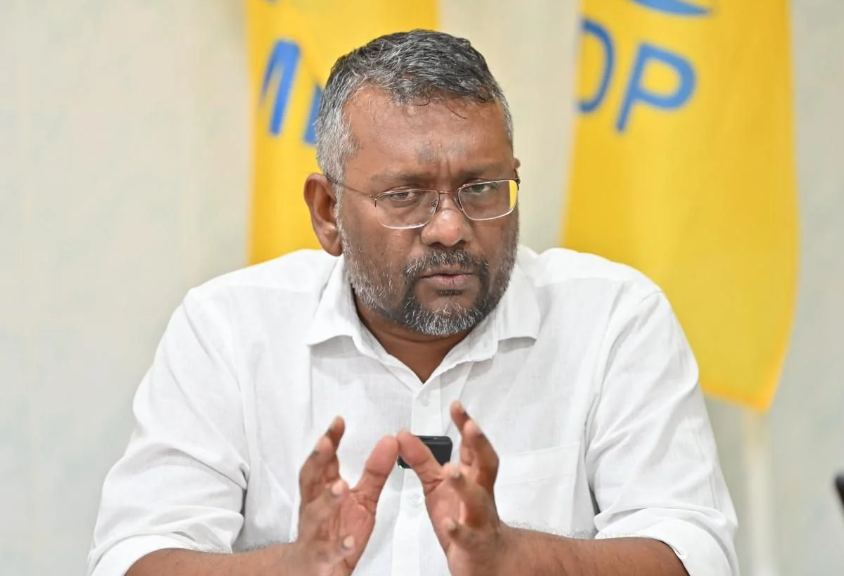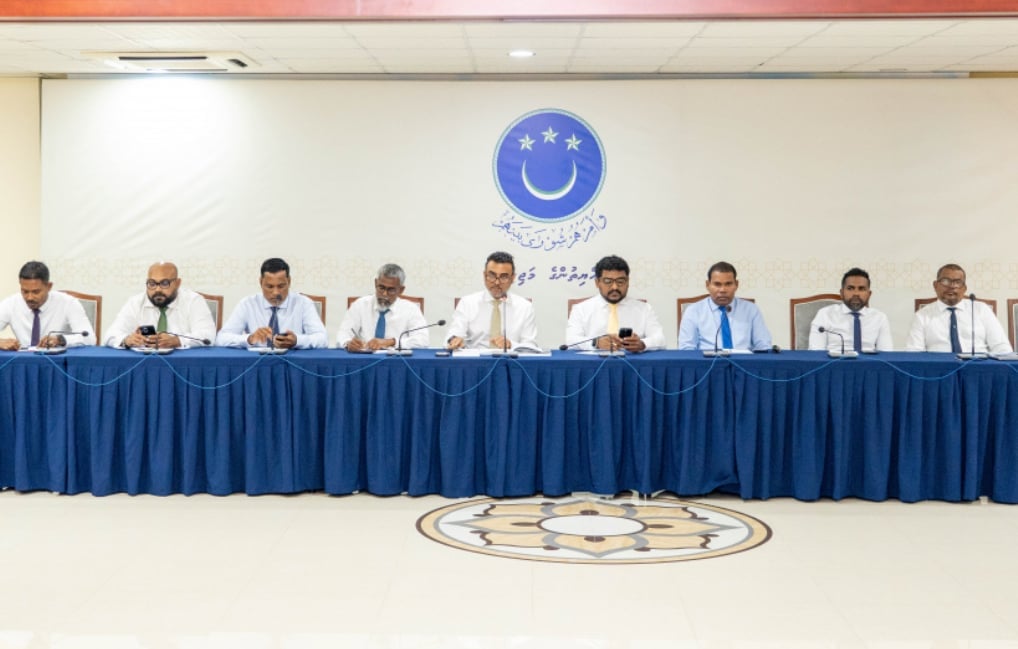The World Health Organization has handed over the cold chain and laboratory supplies to the Ministry of Health Maldives.
This will help the Maldives to strengthen pandemic response and support the building of a resilient health system.
At a virtual ceremony held today, WHO South-East Asia Regional Director, Dr. Poonam Khetrapal Singh, handed over the supplies to the Minister of Health, Mr. Ahmed Naseem. The supplies will build a modern cold chain system for COVID-19 and other vaccines, strengthen the quality of care, and sustain quality testing for COVID-19, measles, rubella, and Influenza.
Speaking at the ceremony, Minister of Health, Mr. Ahmed Naseem highlighted that the Maldives has made significant progress in its healthcare and development indicators over the past decades with the contribution from WHO.
“Being a small island nation, Maldives is vulnerable to the impacts of socio economic transformations and environmental challenges. As such, it is imperative that we prioritize increasing our capacity for protecting health in an unstable and changing climate,” said the Minister of Health, Mr. Ahmed Naseem.
Speaking at the ceremony, Dr. Poonam Khetrapal Singh highlighted and commended the progress in the Maldives Covid-19 response work.
“Despite the country’s global connectedness and population density in capital Male, COVID-19 cases and deaths in the country have been three times below the global average mortality per million population,” said Dr. Poonam Khetrapal Singh.
Since the beginning of the pandemic, WHO has been working with the Maldives government and partners for implementing scenario-based response, and the whole-of-government, whole-of-society buy-in. The procurement of essential medicines and consumables has helped the Maldives maintain essential health services, which has been one of the Region’s key areas of focus throughout the response.
With the help of WHO-provided test kits, Maldives has tested a staggering 75% of its population. Cold chain equipment donated is adequate to support vaccine management for the next 10 years.
This will help the Maldives to strengthen pandemic response and support the building of a resilient health system.
At a virtual ceremony held today, WHO South-East Asia Regional Director, Dr. Poonam Khetrapal Singh, handed over the supplies to the Minister of Health, Mr. Ahmed Naseem. The supplies will build a modern cold chain system for COVID-19 and other vaccines, strengthen the quality of care, and sustain quality testing for COVID-19, measles, rubella, and Influenza.
Speaking at the ceremony, Minister of Health, Mr. Ahmed Naseem highlighted that the Maldives has made significant progress in its healthcare and development indicators over the past decades with the contribution from WHO.
“Being a small island nation, Maldives is vulnerable to the impacts of socio economic transformations and environmental challenges. As such, it is imperative that we prioritize increasing our capacity for protecting health in an unstable and changing climate,” said the Minister of Health, Mr. Ahmed Naseem.
Speaking at the ceremony, Dr. Poonam Khetrapal Singh highlighted and commended the progress in the Maldives Covid-19 response work.
“Despite the country’s global connectedness and population density in capital Male, COVID-19 cases and deaths in the country have been three times below the global average mortality per million population,” said Dr. Poonam Khetrapal Singh.
Since the beginning of the pandemic, WHO has been working with the Maldives government and partners for implementing scenario-based response, and the whole-of-government, whole-of-society buy-in. The procurement of essential medicines and consumables has helped the Maldives maintain essential health services, which has been one of the Region’s key areas of focus throughout the response.
With the help of WHO-provided test kits, Maldives has tested a staggering 75% of its population. Cold chain equipment donated is adequate to support vaccine management for the next 10 years.











